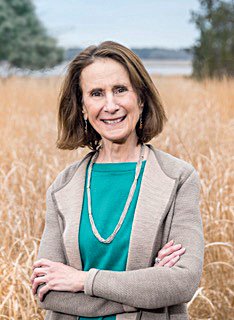Starting anew in the new year
Aish.com has a fascinating article by Rabbi Asher Resnick, titled “The Meaning of Rosh Hashanah: An In-Depth Analysis,” with the subtitle, “Exploring the philosophical underpinnings of this misunderstood holiday.”
The whole article is a thought-provoking and inspiring read, but one paragraph in particular resonated with me:
“… the judgment of Rosh Hashanah is a judgment on our free will, or in other words, on the choices and values that we express on the day of Rosh Hashanah itself. Since the new year is a completely blank slate for every one of us, God presents all of us with the opportunity to set up whatever values and parameters we would like to govern our brand new year. And then God gives us the type of year that we ourselves actually chose. In other words, God gives us for this coming year as much as we want to do, not as much as we have done.”
Each year at Rosh Hashanah, I look forward to receiving 10Q, a project of Reboot, a Jewish arts and culture nonprofit, “to Reboot your High Holidays.”
As explained at www.doyou10q.com, “10Q was inspired by the traditional ten days of reflection that occur between the Jewish holidays of Rosh Hashanah and Yom Kippur, a period of time that’s long been considered an opportunity to look at where you’re at, where you’ve come from, and where you’re heading.”
Here is the first reflection/question from last year’s 10Q: “Describe a significant experience that has happened in the past year. How did it affect you? Are you grateful? Relieved? Resentful? Inspired?”
What I like most is that 10Q stores your answers from the previous year until the current Holy Holy Days, when you can see what you wrote. Looking at my previous year’s answers helps me to keep moving forward and really illustrates what Rabbi Resnick addresses in his article.
Resnick concludes, “One of the biggest mistakes we all make is to allow our past to govern and determine our future. The defining quality of our free will, which is really what defines us as human beings, is that it is free and unencumbered. And it is the past, perhaps more than anything else, which is specifically what it is free of.
“While, as this expression itself spells out (and as Judaism would certainly agree), this is an obviously relevant consciousness for one to have the entire year, Rosh Hashanah is the time which is most ideal for its implementation.
“At least once a year, at its very beginning, we must take the time to think, not about what we have already done, but rather what we want to do; not about where we have already been but, instead, where we really want to go with our lives. This should give us the ability not only to fix up the damage from our past mistakes, but also to allow us to live an upcoming year which is truly new, not only in name but in reality.”
Shana Tova um’tukah! Have a good, sweet new year!
PATRICIA RASKIN, owner of Raskin Resources Productions, is an award-winning radio producer, business owner and leader. She is on the board of directors of Temple Emanu-El, in Providence, and is a recipient of the Providence Business News 2020 Leaders and Achievers award. Her “Positive Aging with Patricia Raskin” podcast is broadcast on the Rhode Island PBS website, ripbs.org/positiveaging.








